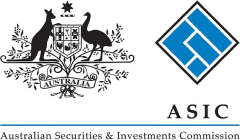Currency in France
A Travel Money Guide to France
France is rarely missed on a trip to Europe and so learning about the French currency is important. With the The Eiffel Tower, The Louvre, Notre-Dame and the Palace of Versailles, France is full of places to visit. There’s no doubt you’re going to fall in love with in France.
But you can make your savings go even further with a few clever choices, including how you’ll exchange currency and pay for things in France.
What is the main currency used in France?
The national currency of France is the Euro. The currency symbol of the euro is € and EUR is the 3 letter code. This makes it the main currency they use and the best currency for you to use if you are traveling to France.
While the Euro is the official currency in France, it can also be used in 18 other countries within the European Union. Euros issued by the European Central Bank and replaced the French franc in 2002.
In France, it’s more common to see the symbol written after the numeral, as in 10€. The second most traded currency on the world’s foreign exchange markets, the euro is issued by the European Central Bank.
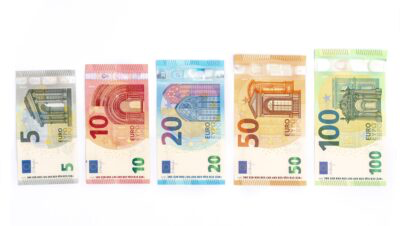
What French Currency Looks Like
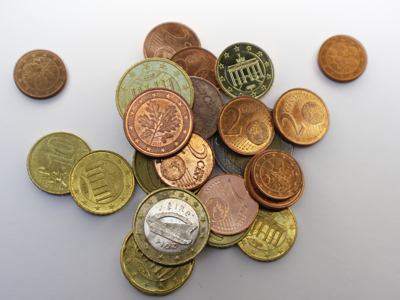
First things first, there’s technically no such thing as a ‘French’ euro. While France mints its own coins with a national design on one side, these coins can be used everywhere in the eurozone.
And vice versa: any coins minted with national designs from other eurozone countries can be used in France.
French euro coins come in the standard eight denominations: one cent, two cents, five cents, ten cents, 20 cents, 50 cents, €1, and €2.
The ‘common’ side of the coin used across the eurozone features the numerical value of the coin and a map of the European Union. On the reverse ‘national’ side, all coins bear the same design.
Euro banknotes come in denominations of €5, €10, €20, €50, €100, €200, and €500. The designs are the same throughout the eurozone with different sizes and colours denoting the different bill values.
You’re unlikely to come across a €500 note but it’s a good idea to avoid even the €100 and €200 bills as some merchants are reluctant to accept these higher denominations.
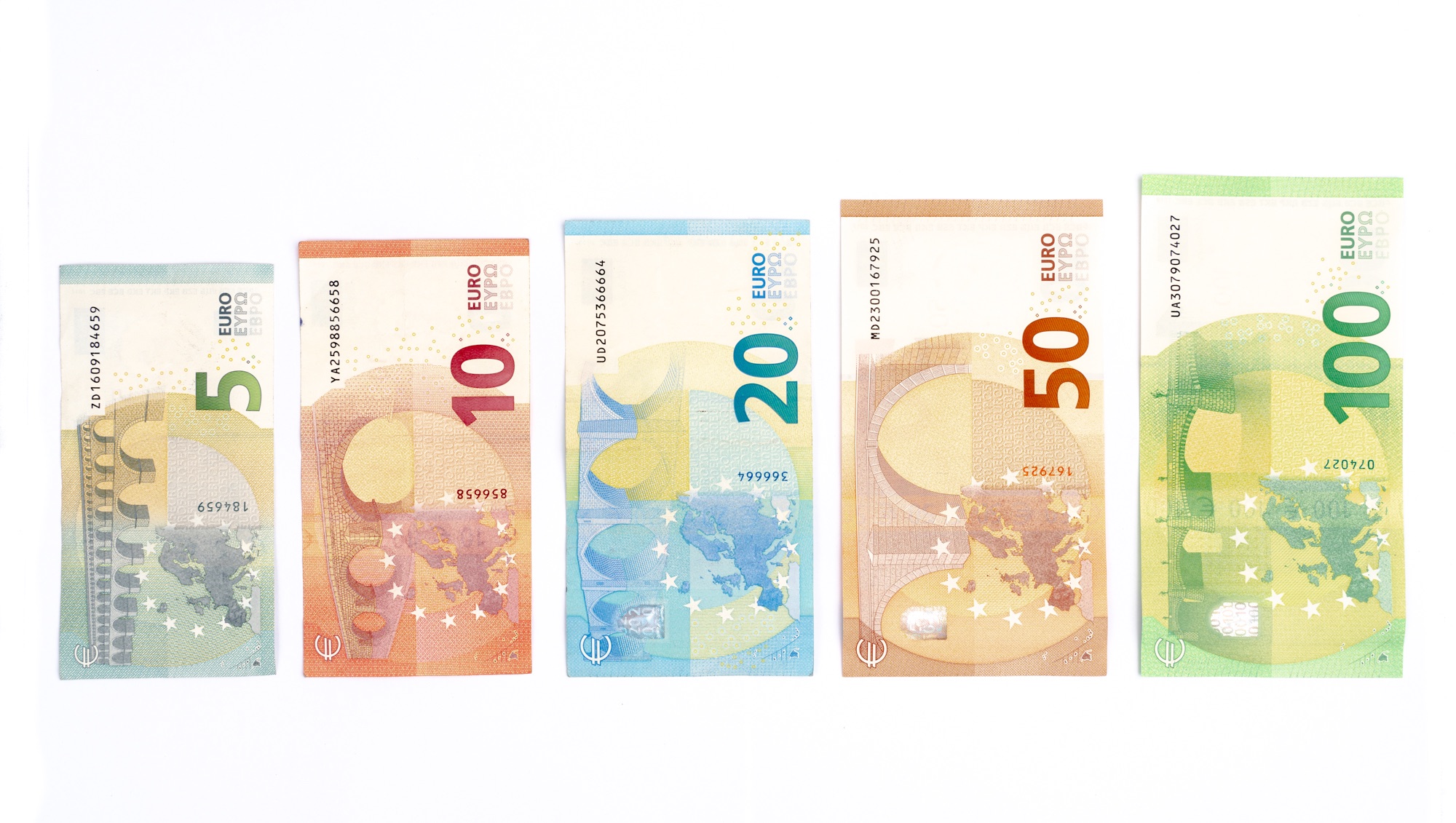
Using Your Cards in France
Most French businesses are well set up to receive card payments. Some of the best travel money cards include debit, credit and prepaid cards. Let’s go over what you should look out for:
Debit Cards
While contactless technology isn’t commonplace yet, you’ll have no trouble using a debit card with a chip and PIN. Debit cards with magnetic strips aren’t as widely accepted.
There’s no doubt debit cards are convenient but you might end up paying high fees for the currency conversion, foreign transaction, and overseas ATM withdrawals.
One of the best travel money cards for France is the Wise Travel Card, which doesn’t have purchase, load, or reload fees and offers the same exchange rates as those you see on Google or XE.com.


Credit Cards
All major credit cards are accepted in France, but American Express is less recognised than Visa or Mastercard.
Brush up on the costs of using your credit card overseas. Using credit cards in ATMs, for example, can incur overseas withdrawal fees and cash advance fees.
Also, don’t rely on your credit card alone; many smaller cafes are cash-only.
Prepaid Travel Cards
It’s natural to gravitate towards a prepaid travel card, considering the product is designed for travellers.
But while you may get a backup card for security and save on currency conversion fees, you might also end up paying in load and reload fees, inactivity fees, and ATM withdrawal fees from the card company.
The Revolut and TransferWise debit cards are your best option if you like to lock in your currency and load a prepaid amount onto your card.

How to Exchange Currency in France
When you’re rushing around trying to organise your trip, you’ll be tempted to leave your currency exchange till you arrive in France.
If you choose this option, you have three main ways of securing currency once you land.
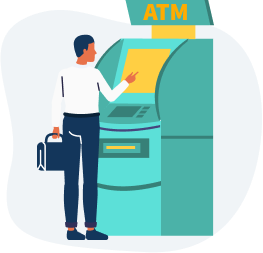
French Bank ATM's
ATMs (known locally as distributeurs automatiques de billets) are a convenient option. The exchange rate and fees you’ll receive depend on the bank of the ATM you are using and your own bank card.
Distributeurs are very common all over France so you will have no problem finding one. MasterCard and Visa are accepted in almost every ATM while American Express has its own ATM’s in the major cities.
Currency Exchange at the Airport and Exchange Bureaus
At Charles de Gaulle Airport you can either use an ATM to take out some Euros or use Travelex to exchange your local currency. The exchange rates and fees at the airports across France are not as competitive as your other options so you may want to avoid them or at least only change a small amount.
Given its the heart of French tourism, Paris has plenty of currency exchange bureau’s or outlets. They are located in all the most popular tourist areas but also charge large exchange rate margins. On top of the exchange rate, many charge a commission to exchange money.


Travellers Cheques
Even though it’s one of the most visited countries in the world, France is no longer particularly friendly towards travellers cheques.
They can’t be used as direct payment, so the only way to use them once you’re in the country is to swap them for currency at a bank or bureau de change office. Even then, very few banks will accept travellers cheques if you don’t have an account with them. And exchange services apply exorbitant fees and rates to them.
So in the end, it’s better to stick with ATM withdrawals and currency exchanges if you’re looking for convenience and better value.
Buying Euros in Cash Before You Go:
You have 3 options when it comes to buying euros in cash before you go. :
- Buy EUR online and either collect it in-store or have it delivered to you
- Exchange your EUR at a currency store
- Buy your EUR at the airport
Online money changers like S Money often have the best exchange rates. Travelex and Travel Money Oz also offer a foreign exchange service online but it takes between 2 and 5 business days before the currency is ready for pick-up or delivery.
Buying it in-store can be a good option but it really depends on which place you go to. As a rule of thumb, the money changers in the CBD or the major cities are more competitive than the smaller stores in the suburbs.
Changing money at the airport is easily the worst option - by a long way. The exchange rates and fees at Australian airports are some of the worst in the world and should be avoided if you want to save money.
What To Do with Your Left Over Euros After Your Trip

It can be a real waste of money. You’ve come back from your trip with a stack of leftover currency. It sits in your travel wallet and never gets converted back to Aussie dollars.
Well, to make sure you get the most out of any left over currencies, here are some simple ways to get rid of it:
- If you have coins or notes that the money changers won’t accept, you can donate it at any CBA branch and they will give every cent to UNICEF
- You can change it at the airport on the way back it but keep in mind, you will get the worst exchange rates and fee
- For larger amounts, head into the city and use a money changer
- Feeling generous? Give it to a friend that is travelling to Europe and make their day!
7 Things You Shouldn't Forget: Travel Money Tips for France
Millions of travellers head to France each year. Sadly, many waste their money on unnecessary foreign currency conversion.
So here are a few practical tips to help you get your money’s worth:
- Avoid the airports! Currency exchange bureaus at the airport charge epic fees. If you like a good deal – or even just a reasonable one – avoid these at all costs.
- Only carry what you need – It can be expensive to change EURs back into AUDs so only take what you think you will spend. Not only this – nobody likes to tuck wads of notes into their socks and toiletries for safekeeping on longer journeys.
- Ask for a mix of denominations – Make it easy on vendors and try to get a mix of €20 and €10 notes.
- Check your exchange rate – Google and XE.com are the standard market exchange rate but you’ll notice how wildly bank and currency exchanges can vary their rates. Try to get as close to the market rate as possible.
- Look out for hidden fees – The bane of our (financial) existence, hidden fees will often make a huge difference to the cost of your holiday. Be particularly wary of hidden bank fees for overseas card usage.
- The right card makes all the difference – Having a card is convenient but it can take a hit to the bank account if you have the wrong card. Research and arm yourself with the best card for travel for big savings.
- Mix it up! Many travellers only use their credit card while some only think about cash. But the best option depends on your situation. Save the card for huge purchases such as hotels and car hire and reserve your cash for smaller wins – transport, attractions, or meals out.

